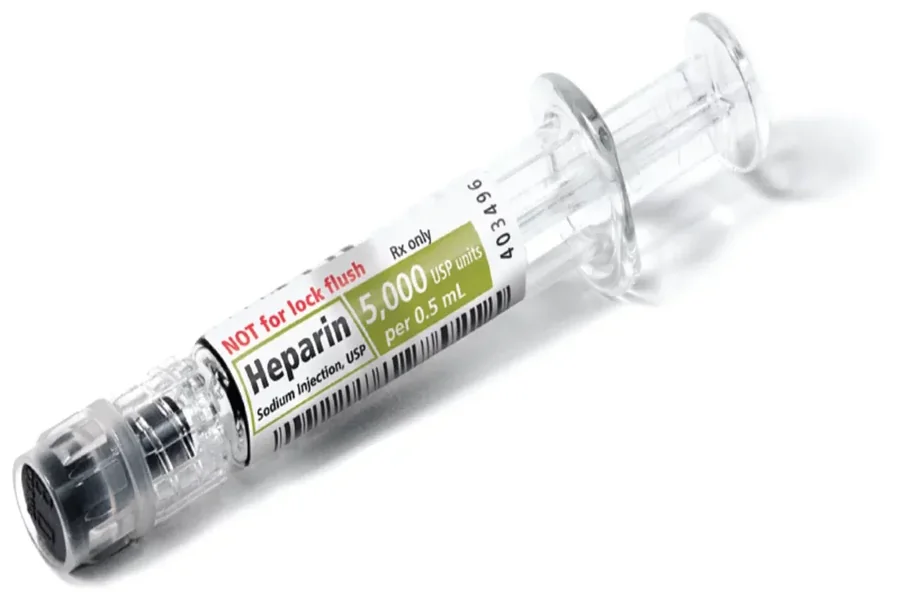Heparin is an important anticoagulant that is used extensively in hospitals for treating blood-clot-related disorders. Although it’s often referred to as a blood thinner, it doesn’t thin the blood. Instead, it inhibits the formation of new clots and the growth of existing clots.
Patients and caregivers can understand its critical role in modern medicine when they know its specific applications. This post details the same.
Clots: How To Prevent & Treat Them
One of the primary heparin injection uses is the prevention and treatment of venous thromboembolism, deep vein thrombosis, and pulmonary embolism. If not treated, these conditions can be life-threatening because clots can go to the lungs or brain. Heparin acts immediately to help stabilise patients in such emergencies so complications don’t get worse.
Use in Surgical and Clinical Procedures
Heparin is absolutely vital during heart surgery, kidney dialysis and blood transfusions. In open-heart surgery or during stent placement, clots can form easily, making the use of heparin lessens this risk.
It is also prescribed to patients who need to be immobile for long periods of time, such as following joint replacement surgery. In dialysis, it helps to stop clotting within the machine, and allows blood to flow without interruption and safely.
Treating Heart and Vascular Disease
Heparin is usually prescribed to patients who have a stroke risk or atrial fibrillation, or a heart attack. It decreases the clotting ability and increases the likelihood of non-blocked arteries. It’s also used for a rare but severe condition called disseminated intravascular coagulation (DIC) in which abnormal blood clotting occurs throughout the body.
Pros and Cons of Heparin
The major benefit of heparin is that it acts quickly and can be reversed. Unlike some anticoagulants, it can be reversed with protamine if immediate surgery or bleeding is necessary. However, patients need to be closely monitored for side effects that may include bruising, thrombocytopenia or excessive bleeding.
The elderly and the newborns need special care with modified doses to reduce complications. Heprain is also not available without a prescription, which indicates its need for monitored use. Many patients are on a quest to find dependable health tips.
Ask Ayurveda offers a platform to seek expert advice, including the alternative remedies for heparin treatment for fatigue, low hemoglobin or digestive complaints that commonly present with clotting problems. Ask Ayurveda is connected with verified doctors and Ayurvedic practitioners. Delivering consistent information in one place helps with better decision-making and peace of mind for people suffering from serious conditions.
Daily Use in Hospitals
Healthcare practitioners usually give heparin by intravenous (IV) infusion or by injection under the skin (subcutaneous). The dose is based on clotting (PTT or ACT) test results, to make sure that the medicine is working effectively but not causing unnecessary bleeding. After they have been in the hospital, patients will be transitioned to oral anticoagulants for long-term treatment.
Conclusion
Heparin is still one of the most robust anticoagulant agents in modern medicine with wide-ranging applications, from surgery to stroke prevention. The primary heparin injection is lifesaving since it diminishes the deadly clot risks.

